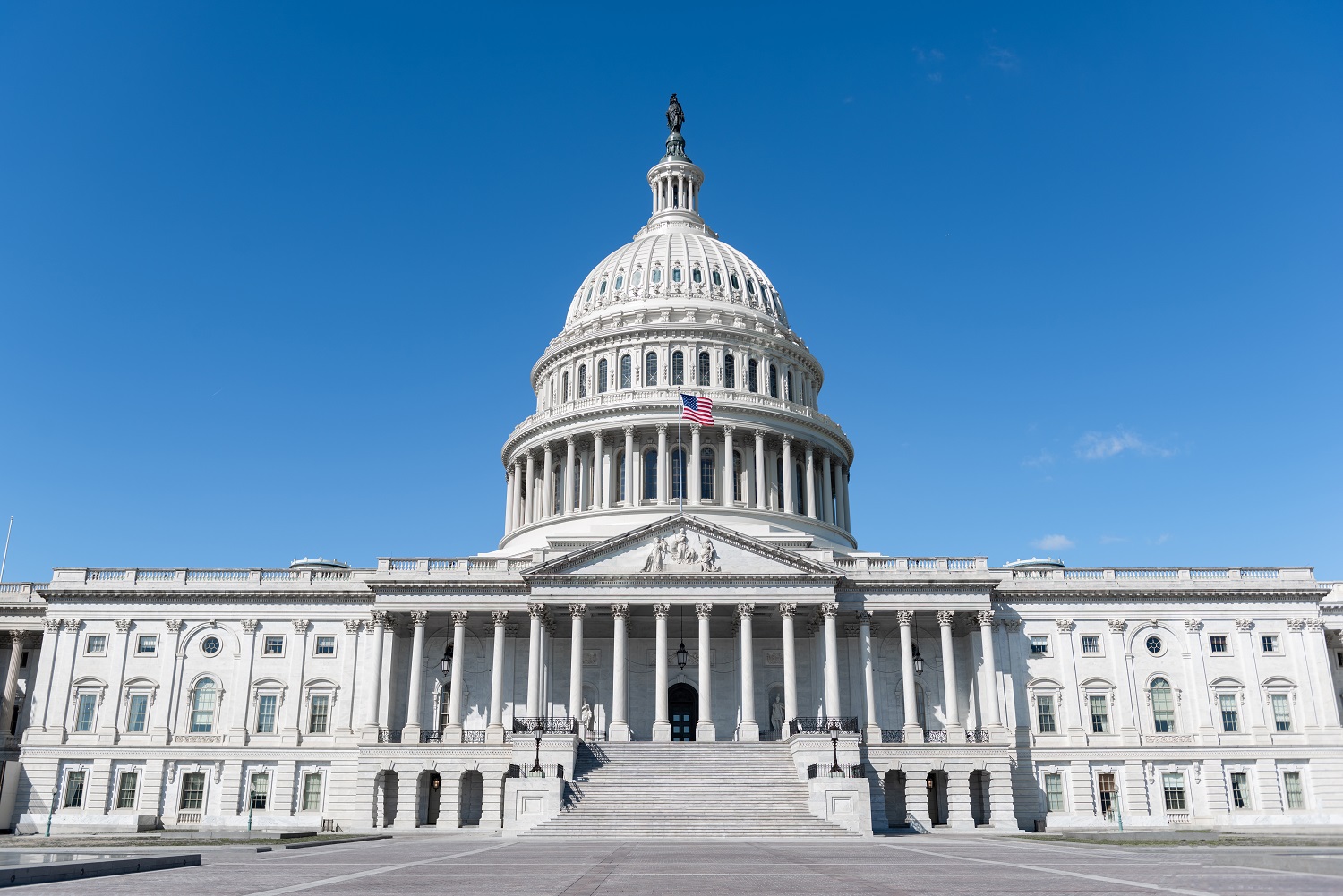The votes are in! Yesterday, MCC’s board of directors met to select countries for FY2015 compact and threshold program eligibility. Last week, I made some predictions about the choices the board would make. Let’s look at yesterday’s decisions and see how I did…
Compact Selections
As predicted, Nepal was selected for compact eligibility for the first time. It had been working with MCC to develop a threshold program, but the board shifted them to compact-eligibility in recognition of the country’s progress increasing peace and stability.
I also predicted that MCC might select India in order to develop some kind of regional approach to the Nepal compact—after all, this is an area in which the agency has expressed interest. A compact nod for India didn’t happen. But…MCC does appear to have some type of partnership with India in mind with respect to the Nepal compact, saying, “the Board also confirmed its support for MCC’s exploring strategic, regionally oriented partnerships, especially in South Asia because, under the right circumstances….” This will be something to watch.
MCC also selected the Philippines and Mongolia as eligible to start developing second compacts. I flagged these as the most likely new second compact selections, though I hedged my enthusiasm a bit since neither was an entirely straightforward choice. The Philippines has nearly a year and a half to go on its current compact, and Mongolia’s income is rising rapidly and may put the country in upper middle income range (i.e. out of MCC candidacy) soon.
As expected, the board reselected all the countries currently developing either first or second compacts that continued to pass the scorecard this year: Benin (second compact), Lesotho (second compact), Liberia (first compact), Morocco (second compact), Niger (first compact), and Tanzania (second compact), though it expressed some concern about corruption in Tanzania.
Also as expected, the board did not reselect Sierra Leone for compact eligibility since this is the second year in a row it fell short on the important Control of Corruption indicator. There was, however, a bit of a surprise twist, which leads us to the next section…
Threshold Program Selections
While Sierra Leone was not reselected to continue developing a compact, it was picked for the threshold program (MCC noted its desire to support the country’s continued commitment to reform). I didn’t predict this move, but it is perhaps unsurprising. The board made a similar threshold-program-as-consolation-prize choice with Timor-Leste back in FY2009 when the board felt it couldn’t continue a compact development relationship with a country that didn’t pass the Control of Corruption indicator (among other factors).
One key difference between the Timor-Leste and Sierra Leone choices is how MCC rationalizes the switch to threshold program eligibility. Recall that the threshold program’s legislated goal is to help a country become compact eligible. The original concept of the threshold program was that it would accomplish this by helping countries improve their indicator scores (hence, Timor-Leste’s threshold program funded anticorruption activities). However, in a 2010 internal review, MCC realized that this formulation of the threshold program wasn’t well-suited for achieving its objective, not least because many eligibility indicators tend to be very broad (e.g. “anticorruption”) and thus don’t capture the effects of narrow programmatic interventions. As a result, MCC refocused the threshold program, which is now expected to help a country become compact eligible by testing the government’s willingness to undertake the kind of substantial policy reforms that would likely be required as part of a compact partnership. This reasoning raises some questions (see p. 25), and few of MCC’s recent choices for the threshold program seem to fit this rationale well. In Sierra Leone’s case, was it nice for MCC to offer a consolation prize to a country that had no actual policy decline and whose compact eligibility was revoked essentially on the basis of statistical “noise”? Yes. Is it clear how the threshold program will help Sierra Leone become compact eligible? Not really.
In addition, as predicted, the board selected Cote d’Ivoire as eligible for the threshold program, in recognition of its strong improvement on the scorecard (it passed for the first time this year). Again, it’s a bit unclear how the threshold program will help Cote d’Ivoire become compact eligible. It seems like MCC wanted to reward and start working with a high-growth reformer, but didn’t yet want to risk entering into a compact relationship with a country that hasn’t proved it can pass the scorecard somewhat consistently. This is not necessarily unreasonable. But it doesn’t conform to the stated objective of the threshold program. It’s time for MCC to be more systematically clear about the purpose and objective of the threshold program, and how, based on this, as a results-oriented agency, it will measure the program’s success.
Finally, the board did not reselect Guatemala, which had been developing a threshold program for the last two years, but instead approved its program (obviating the need for reselection). This makes Guatemala the second country (after Honduras) to finalize one of the new-model threshold programs.
Disclaimer
CGD blog posts reflect the views of the authors, drawing on prior research and experience in their areas of expertise. CGD is a nonpartisan, independent organization and does not take institutional positions.





